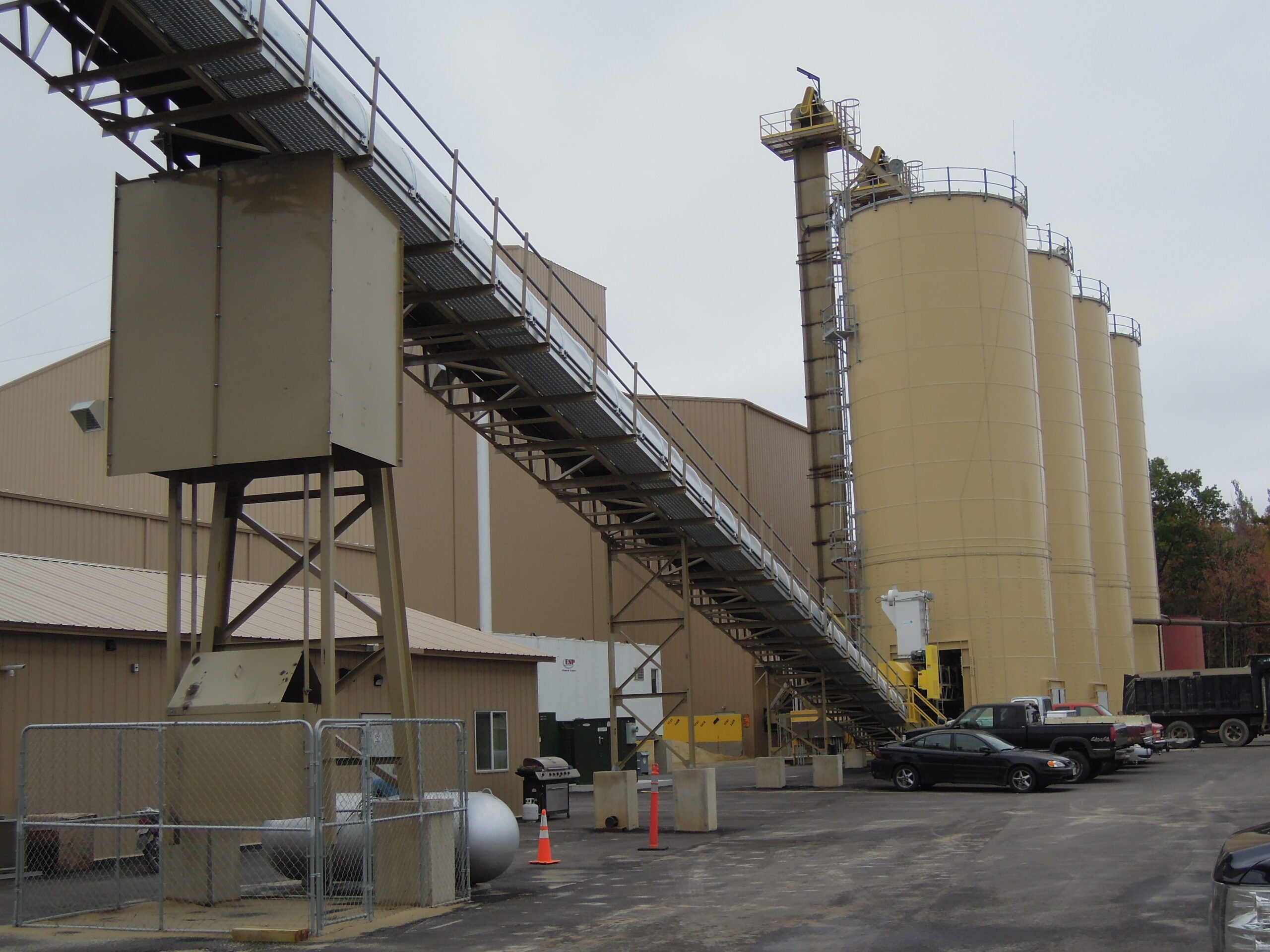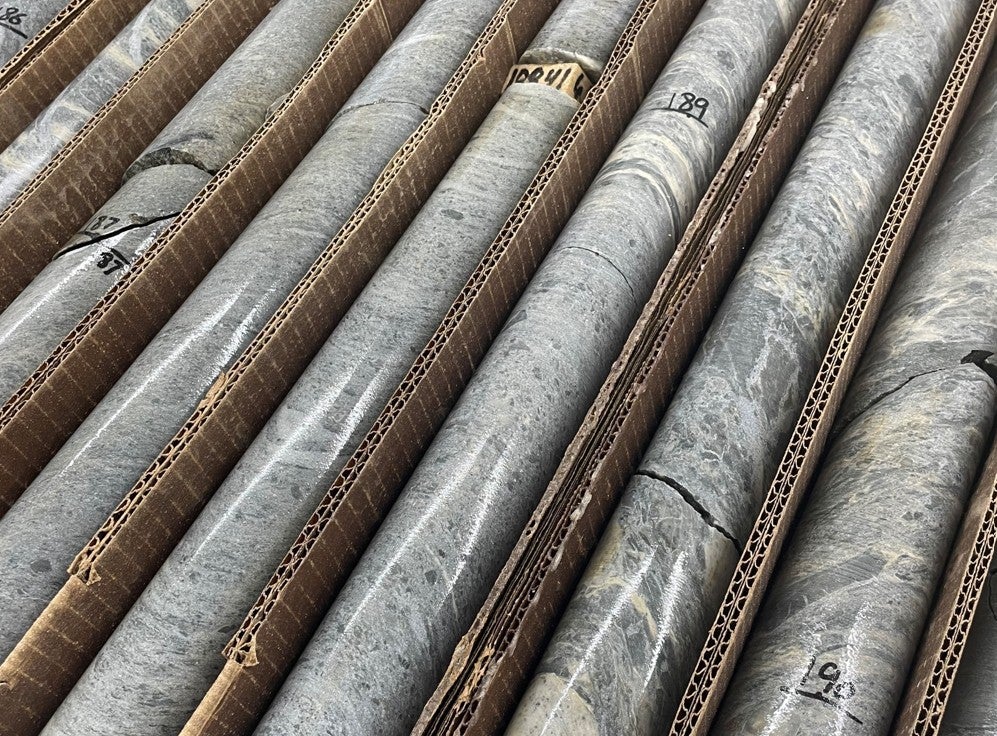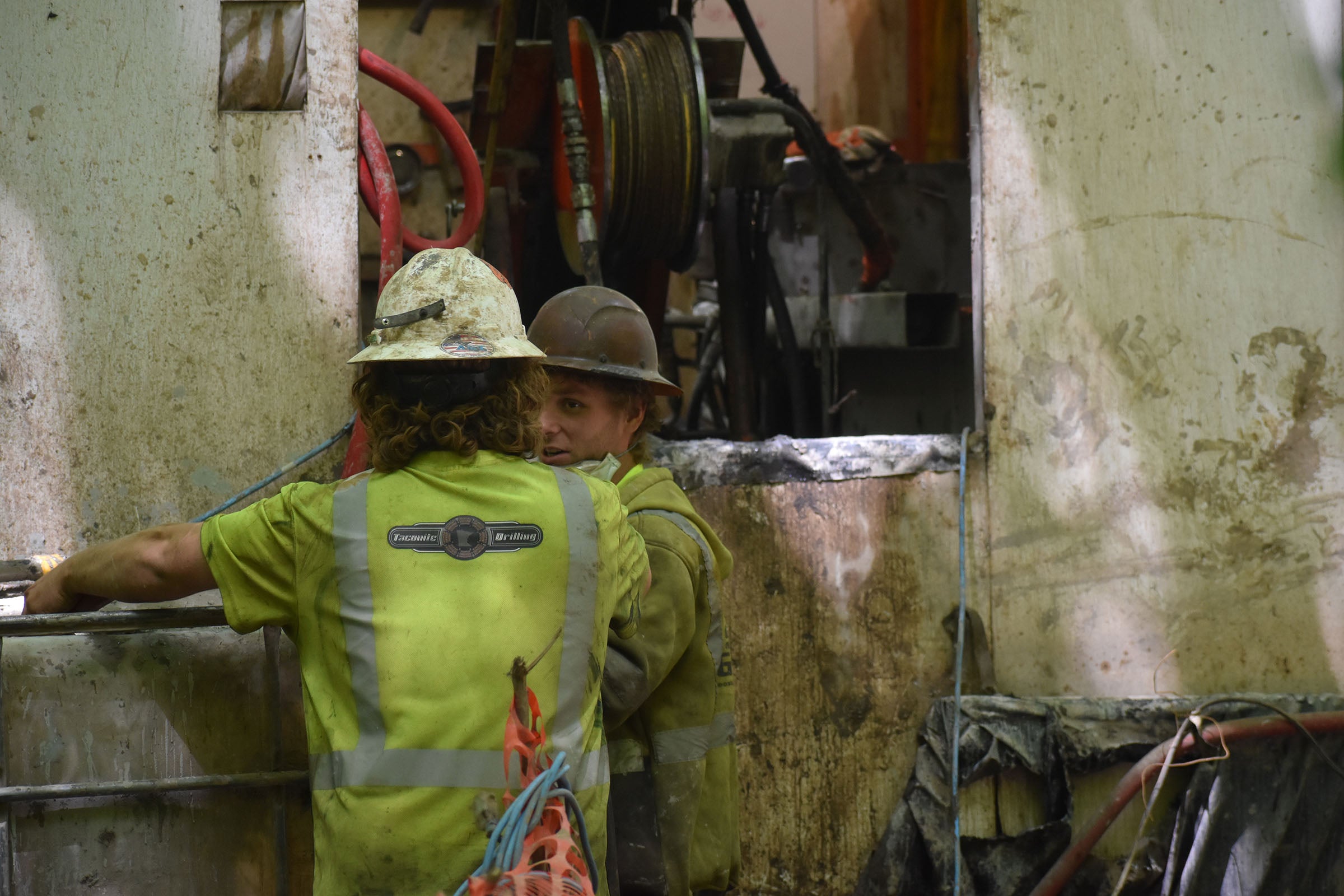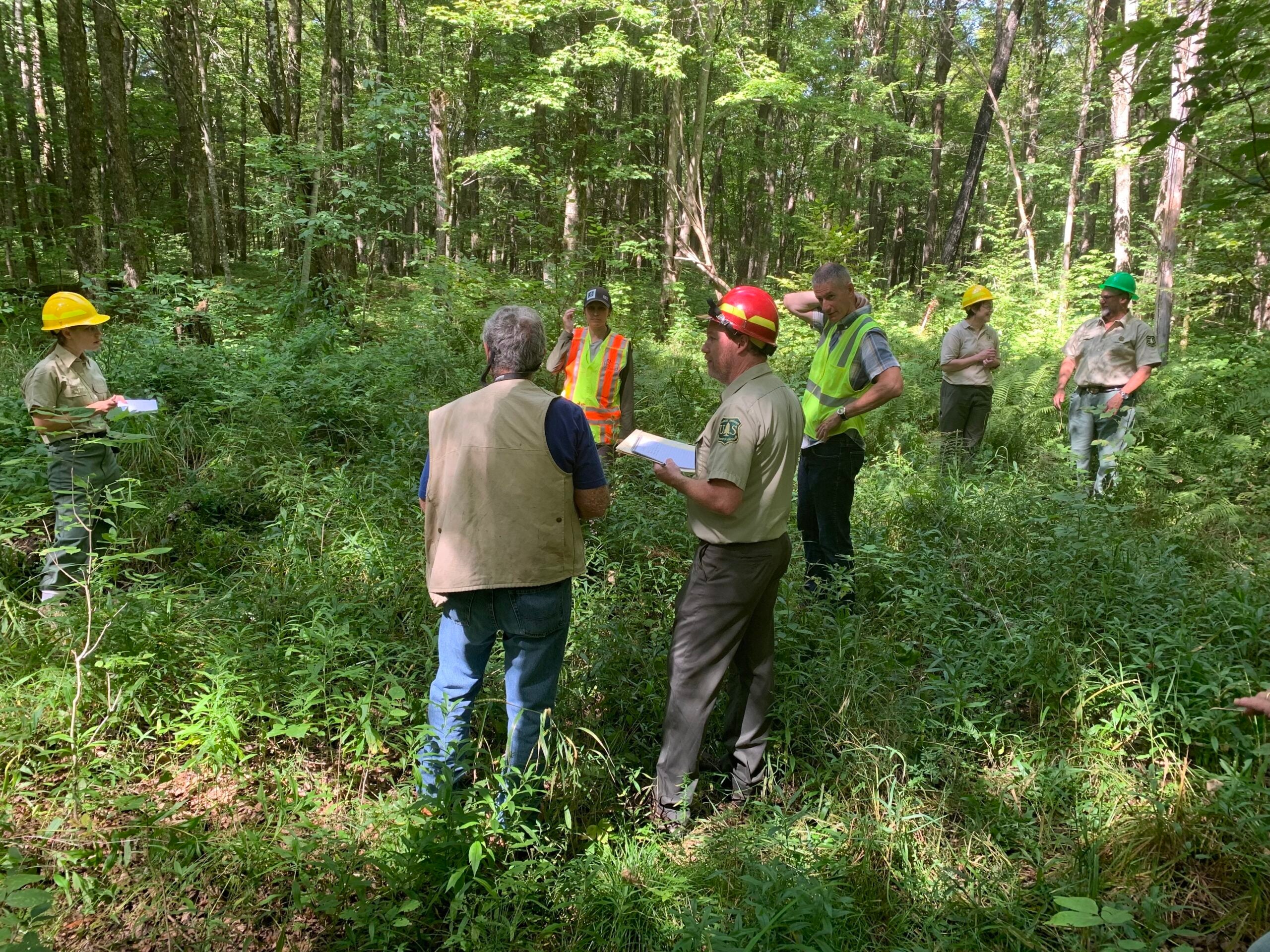Chippewa County officials say a bankrupt frac sand mining company is in violation of state and county laws because it hasn’t set aside enough money to restore a mine and hasn’t installed required groundwater monitoring wells.
In an October bankruptcy court filing, the Chippewa County Land Conservation and Forest Management department alleges Superior Silica Sands has failed to provide an additional $1.6 million worth of what are called mine reclamation bonds. Reclamation bonds are required by state law and are administered by counties or other local governments. The funds are used to reclaim a mine in the event that the site owners can’t.
The county said Superior Silica set aside $2,967,823.89 in reclamation bonding in 2011 before getting a permit to mine frac sand in the Town of Auburn. But on March 12, 2019, Chippewa County increased the bonding requirements for the mine to $4,650,000. The county’s court filing said the additional funds were due to “operations expansion and environmental requirements.” The county said Superior Silica never established the additional bonds and on July 5, the Land Conservation and Forest Management department suspended the company’s frac sand mining permit.
News with a little more humanity
WPR’s “Wisconsin Today” newsletter keeps you connected to the state you love without feeling overwhelmed. No paywall. No agenda. No corporate filter.
Emerge Energy Services, Superior Silica Sands’ parent company, filed for Chapter 11 bankruptcy protection 10 days later on July 15. Requests for comment went unanswered.
Officials with Chippewa County declined to comment on the matter citing the ongoing legal proceedings. But on Nov. 13, Chippewa County Land Conservation and Forest Management director Dan Masterpole testified in federal court that the suspension was also due to the company ignoring county environmental requirements.
“Secondly, the other grounds for the permit suspension was that Superior Silica had failed to follow the approved reclamation plan and permit to install the groundwater monitoring well network and completion,” Masterpole told the court.
He continued that Chippewa County has extended the company’s permit suspension by 30-day increments since July 5. Under Wisconsin’s NR 135 administrative code, a permit suspension blocks a company from mining. If a county revokes a mining permit, it must use available reclamation funds to begin restoring the mine property.
Another court filing in the bankruptcy case calls into question all of the reclamation funds for Chippewa County. Atlantic Specialty Insurance Co., which holds the company’s original $2,967,823 reclamation bond for the Chippewa County mine, alleges Superior Silica has defaulted on premium payments and has an outstanding bill of $74,196.
Atlantic Specialty Insurance Co. also holds $4,679,973 in reclamation bonds for Barron County. A request for comment made to an official with the Barron County Soil and Water Conservation department wasn’t returned.
Roberta Walls, of the Wisconsin Department of Natural Resources, said she can’t speak directly to the Emerge Energy Services bankruptcy case, but generally, federal bankruptcy protections don’t release mining companies from complying with reclamation bonding requirements.
“Typically, if a county has proof of financial assurance on hand my understanding is that bankruptcy filing doesn’t cancel that assurance,” Walls said.
While mine reclamation bonds are required by state law, they are administered by counties. Walls said it’s not uncommon for counties to increase the bonding requirements if mines expand.
“We impress upon each county to regularly evaluate that financial assurance to determine if the amount that is bonded covers the actual cost to reclaim the site,” said Walls. “So, as part of that review if the county finds that that financial assurance does not cover the cost then the company would need to secure the additional amount needed.”
Walls said another frac sand company, Preferred Sands, went through a Chapter 11 bankruptcy reorganization in 2013.
Editors Note: A previous version of this story identified the Superior Silica Sands mine in Chippewa County as being located in the Village of New Auburn. It is located in the Town of Auburn.
Wisconsin Public Radio, © Copyright 2025, Board of Regents of the University of Wisconsin System and Wisconsin Educational Communications Board.






